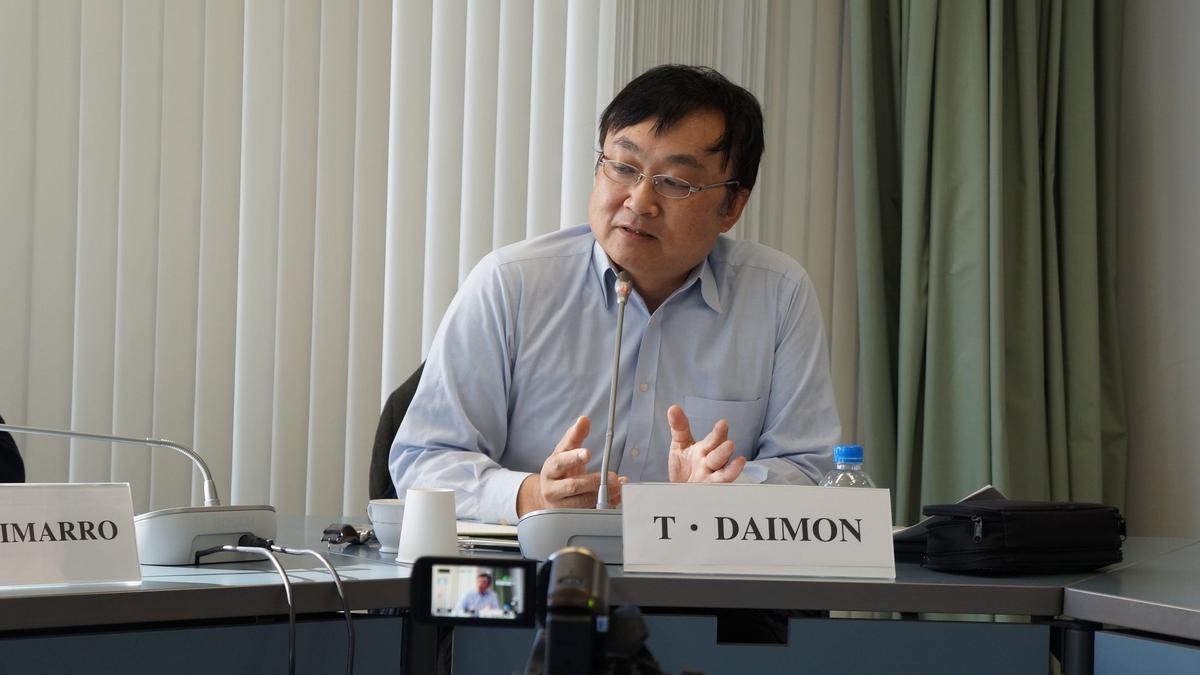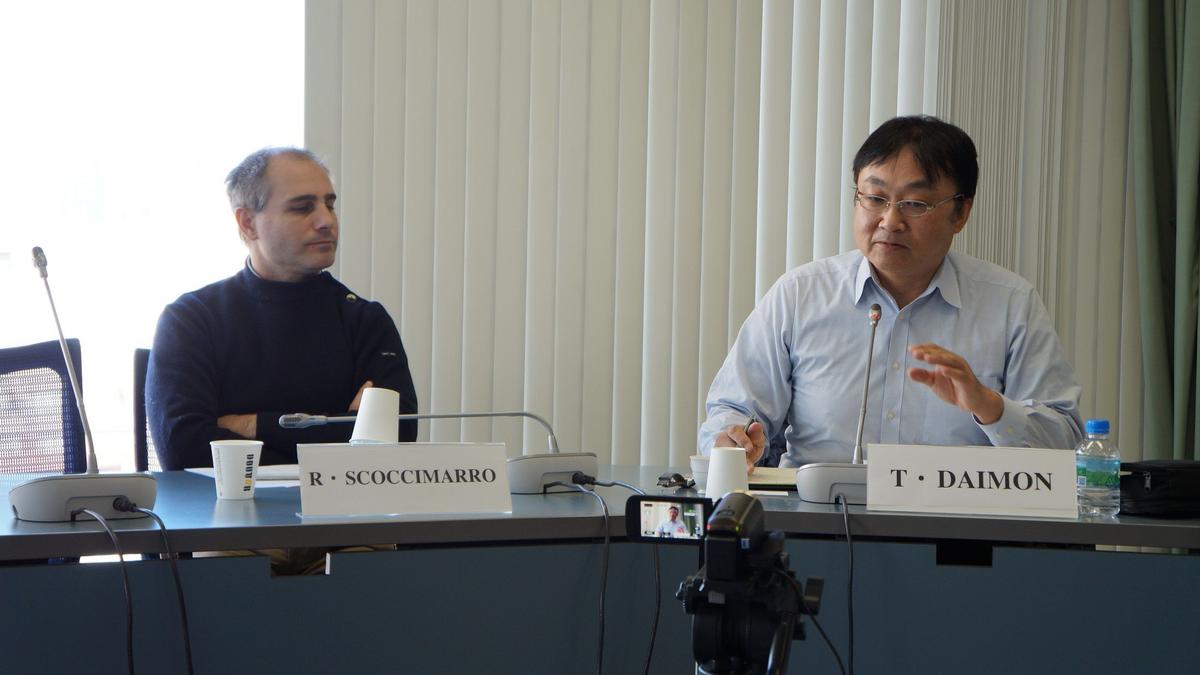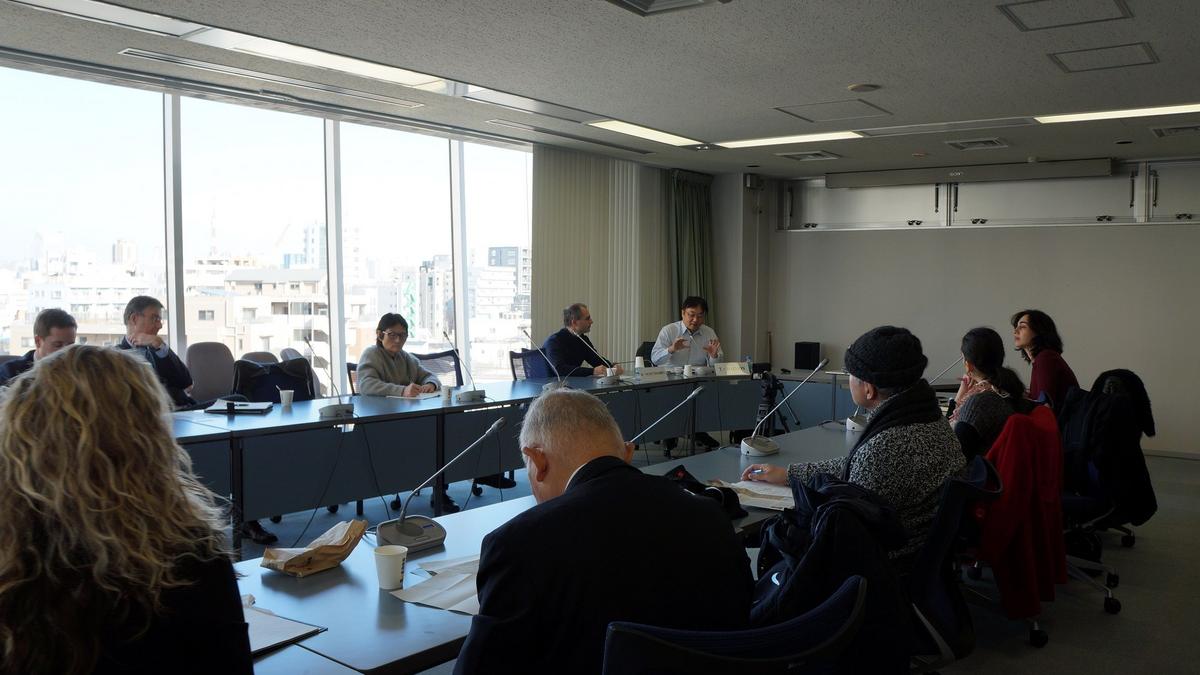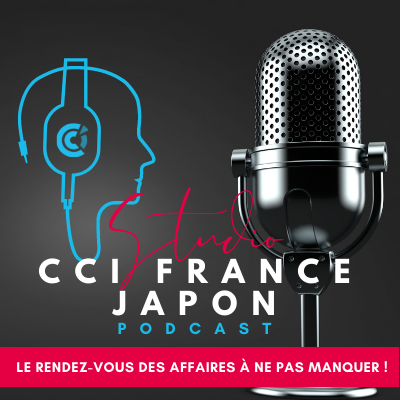Bilans d’évènement
Japan’s foreign policy toward developing countries
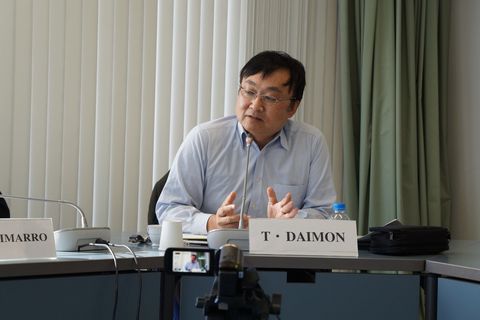
On December 5, the Maison Franco-Japonaise (Nichifutsu kaikan), in collaboration with the French Chamber of Commerce and Industry in Japan, welcomed Takeshi Daimon, a professor of economics and law at Waseda University, Tokyo. With his 30-year experience as a development practitioner, he gave his vision of “Japan’s foreign policy toward developing countries”.
If Japan’s foreign policy towards developing countries started in 1958, with its first loan to India, the first official aid program dates from 1964, with aid given to Myanmar as war reparation in a post-war context. It was later that foreign aid slowly transformed into real economic assistance.
OTCA (Overseas Technical Cooperation Agency), established in 1962 and future JICA (Japanese International Cooperation Agency), was at that time largely motivated by economic interests in Asia. Foreign aids increased until the 1970s translating into a period of expansion for Japan’s trade overseas. However Japan was soon heavily criticized for its foreign aids given solely on the basis of commercial interests.
From a policy geared towards self-commercial interests, Japan turned to more “meaningful” purposes. The volume of aid got bigger with the pressure to show the world that they were making a serious contribution and they started to give to countries outside of Asia, mostly in the Middle-East, Latin America or Sub-Sahara Africa, becoming one of the international main top donors.
From there, Japan’s foreign aid quickly evolved in a diplomatic tool with security, politic and economic interests, sometimes at the cost of failures. The Gulf War in Irak (in the early 1980s) was one of them. The country gave billions of yens to the allies in the US-led war and sent troops for non-fighting activities. The result of the war was a big humiliation.
In 2017, China is one of the top donors of the international scene, with a foreign aid based on commercial loans in a similar way to Japan’s decades before. Besides, the country, a non-member of the OECD nations, is competitive as it doesn’t have to respond to questions on the quantity, origin and destination of the aid.
In this context, Japan had to find an edge to be able to compete. Unable to compete with China in term of quantity, Japanese authorities decided to focus on quality. The philosophy of Japan’s ODA (Official Development Assistance), as voted in 2015 by the Cabinet, considers that Japan “will contribute even more actively to the peace and prosperity of the international community. Also, such cooperation will contribute to securing national interests such as maintaining Japan’s peace and security and achieving further prosperity.”
The basic policies of Japan’s development cooperation are “1. Contributing to peace and prosperity through cooperation for non-military purposes; 2. Promoting human security; 3. Cooperation aimed at self-reliant development through assistance for self-help efforts, as well as dialogue and collaboration based on Japan’s experience and expertise.”
Japan was quick to pledge assistance to Haiti after the devastating earthquake in 2010. The country was able to give qualified help based on their own experience of natural disasters. This action based on values more than on economic interests marked a shift of emphasis after years of critics by western countries for a “lack of values”.
Dr. Daimon wonders if these past operations can be attributed to Prime Minister Shinzo Abe’s soft power policy. The Japanese Prime Minister is considered very conservative, close to Trump and Putin, pro-free trade, with a strong anti-Chinese and anti-North Korean sentiment, and according to Dr. Daimon, he “is conservative, but with political realism”.
In 2014, Abe delivered a speech in Singapore at the opening event of the 13th IISS Asian Security Summit and reminded the three principles of “the rule of law:
-Making and clarifying claims based on international law;
-Not using force or coercion in trying to drive their claims;
-Seeking to settle disputes by peaceful means”.
To Dr. Daimon, Prime Minister Abe aimed at showing the stance the country had decided to take on international foreign aid, what it want to achieve and what values it holds.
